Spain entry rules: COVID tests, vaccination rules and masks explained in full
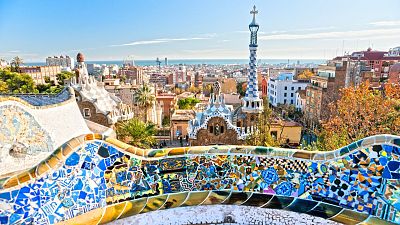
Spain has become one of the first EU countries to scrap the need for symptomatic people to test and self-isolate, in another winding down of its Covid restrictions.
Those with mild signs of the virus can now move around freely, though public health officials ask that they be mindful about socialising and wearing a mask outside.
It follows the re-entry of unvaccinated teenagers from outside the EU last month, and will be further encouragement for those planning a Spanish Easter break.
With its sunny beaches, rich architectural heritage and delicious food, there’s plenty of reasons why the Mediterranean nation was the world’s second-most visited country pre-pandemic. And, of course, the long-running favourite of British holidaymakers.
As the world adjusts to international travel in the continuing age of COVID, the Spanish tourism sector is expected to reach nearly 90 per cent of its 2019 size.
So if you’re one of the many tourists eager to book a 2022 trip to Spain, here’s what you need to know.
What are the latest entry requirements for Spain?
In theory, tourists from elsewhere in the EU need only fill out Spain’s Health Control Form within 48 hours before travel – providing any known history of exposure to COVID and contact details. This can be completed via the Spain Travel Health website or app – giving you a QR code – or you can hand in a paper version before boarding.
But those coming from a European country where COVID is more widespread must provide extra information through the EU Digital COVID Certificate (EUDCC). There are currently 29 EU/EEA countries on the Spanish ‘risk’ list, which is updated weekly here.
Visitors from these countries, including France, Germany and Italy, must use the EUDCC to show either proof of vaccination or a negative COVID test. For pre-departure tests, you can either take a PCR test up to 72 hours before arrival, or an antigen one within 24 hours.
What counts as fully vaccinated in Spain?
In order to be considered fully vaccinated by the Spanish government, all travellers must have received their second jab at least 14 days prior to your trip.
You must be vaccinated with a complete course of a vaccine approved by the WHO or EMA.
And since 1 February, in line with other EU countries, Spain has set an expiration date of 270 days on vaccine passports. This means booster jabs will be required if your second jab was more than nine months ago.
What are Spain’s vaccine and COVID test rules for UK travellers?
UK travellers must be fully vaccinated, meeting the same definition as above: with a vaccine certificate 14 days on from the last dose. The Spanish authorities will accept the NHS COVID Pass to show this.
Tests are not required from double jabbed Brits, but the UK Foreign Office notes that all travellers may be subject to additional checks at the point of entry.
Spain’s Border Health Controls page suggests that if an airport temperature check (for instance) has raised concern, tourists could be contacted and required to take a PCR test at any point up to 48 hours after arrival.
Brits and other international travellers must also fill out the Health Control Form – with slightly different rules for air and ferry travel explained here.
What are the rules for children and teenagers?
Children under 12 years old do not need to show proof of vaccination or undergo any tests. This rule applies to the whole of Spain, including the Canary Islands and the Balearics.
They do however need to have the Health Control Form filled out and signed on their behalf.
Since 14 February, children aged 12 to 17 no longer have to be fully vaccinated and can get into Spain with a negative PCR test result taken within 72 hours before arrival.
Alternatively, fully vaccinated British children aged 12 to 15 are able to prove their immunity with a NHS COVID Pass letter for international travel.
What are Spain’s COVID rules in domestic settings?
Rules vary from region to region in Spain, so it’s important to check the exact requirements for where you’re headed. You can search the interactive map on the Spanish Tourist Board’s Travel Safe website to find out whether museums have reduced capacity, or nightclubs have set closing hours, for example.
In some places you may need to show proof of vaccination to enter accommodation or other venues; either the EUDCC or a valid, in-date NHS COVID Pass will do the trick.
Are masks required in Spain?
Spain dropped its strict outdoor mask wearing rule from 10 February. So half-term visitors do not need to mask up on the streets (the beach was an exception already).
However face coverings are still required in crowded outdoor wearing where social distancing (of 1.5 metres) is not possible.
The indoor mask mandate is likely to stay in place until at least the summer, and includes all enclosed public spaces – such as cafes, restaurants, cinemas, shops and bars – and public transport.
During a recent TV interview, the director of Spain’s Balmis Vaccine Institute Francisco Jiménez said that COVID rates must drop to 50 cases per 100,000 people before the end of masks indoors can be considered.














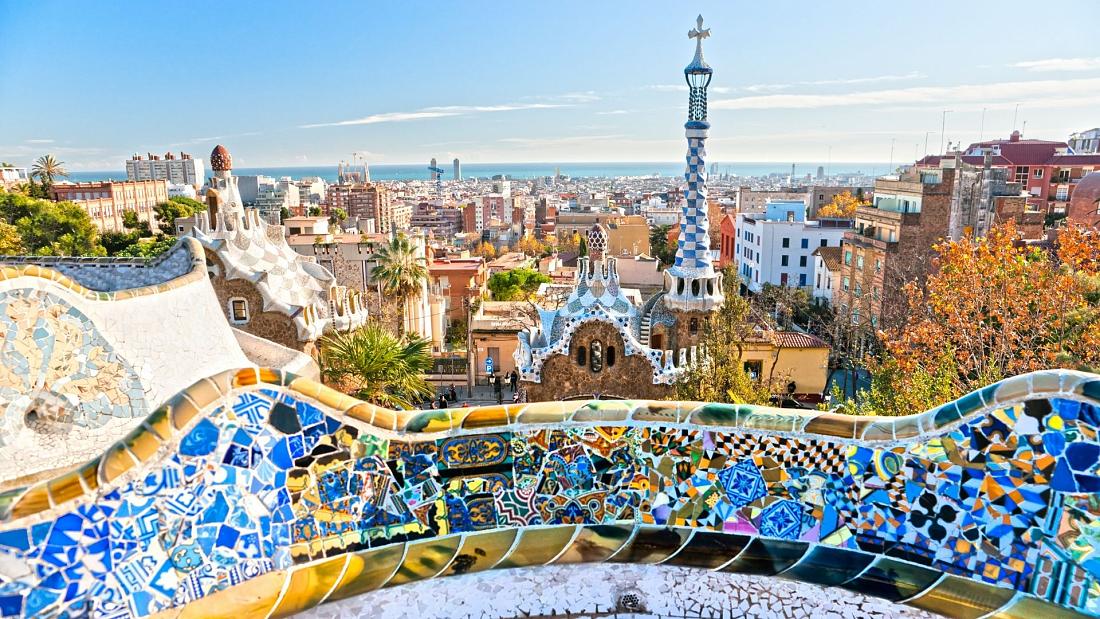

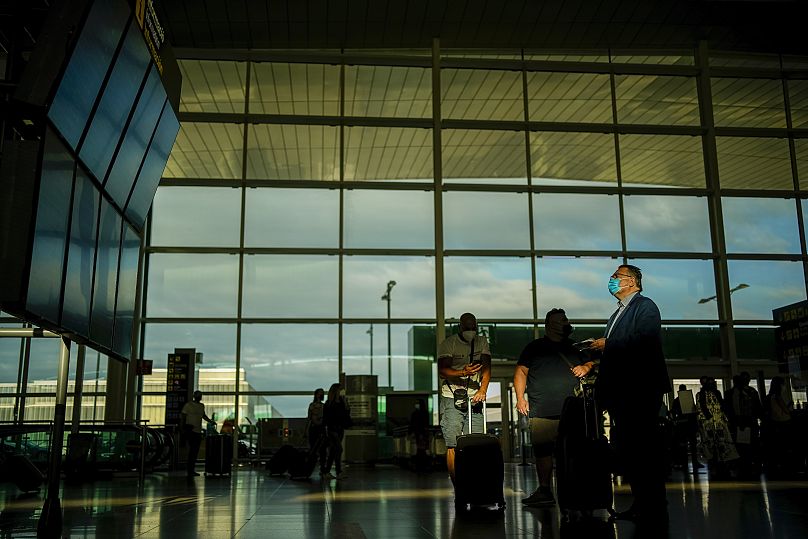
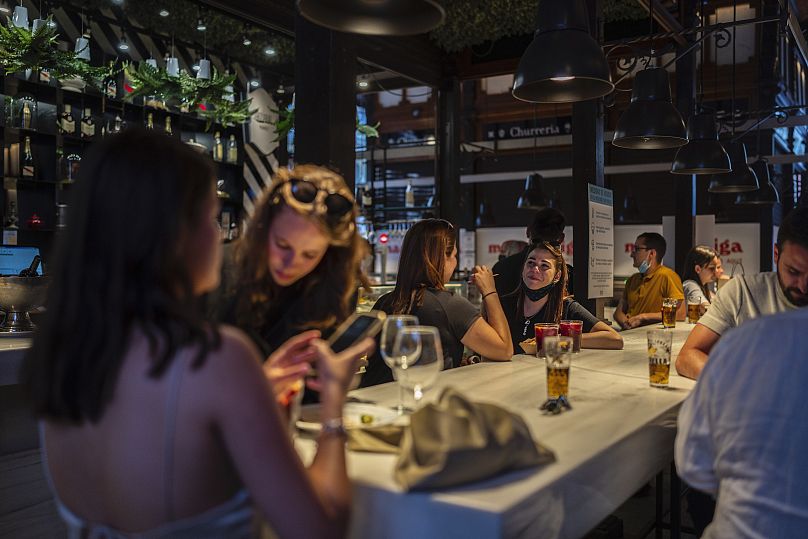

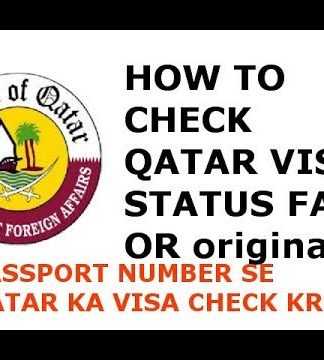






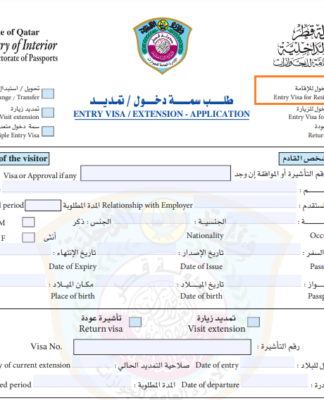

![List Of Profession Eligible For Family Visa In #Qatar2022 [Salary Occupations]](https://welcomeqatar.com/wp-content/uploads/2022/07/maxresdefault-1-324x400.jpg)



